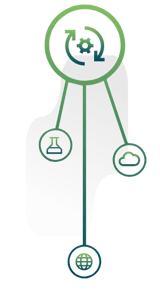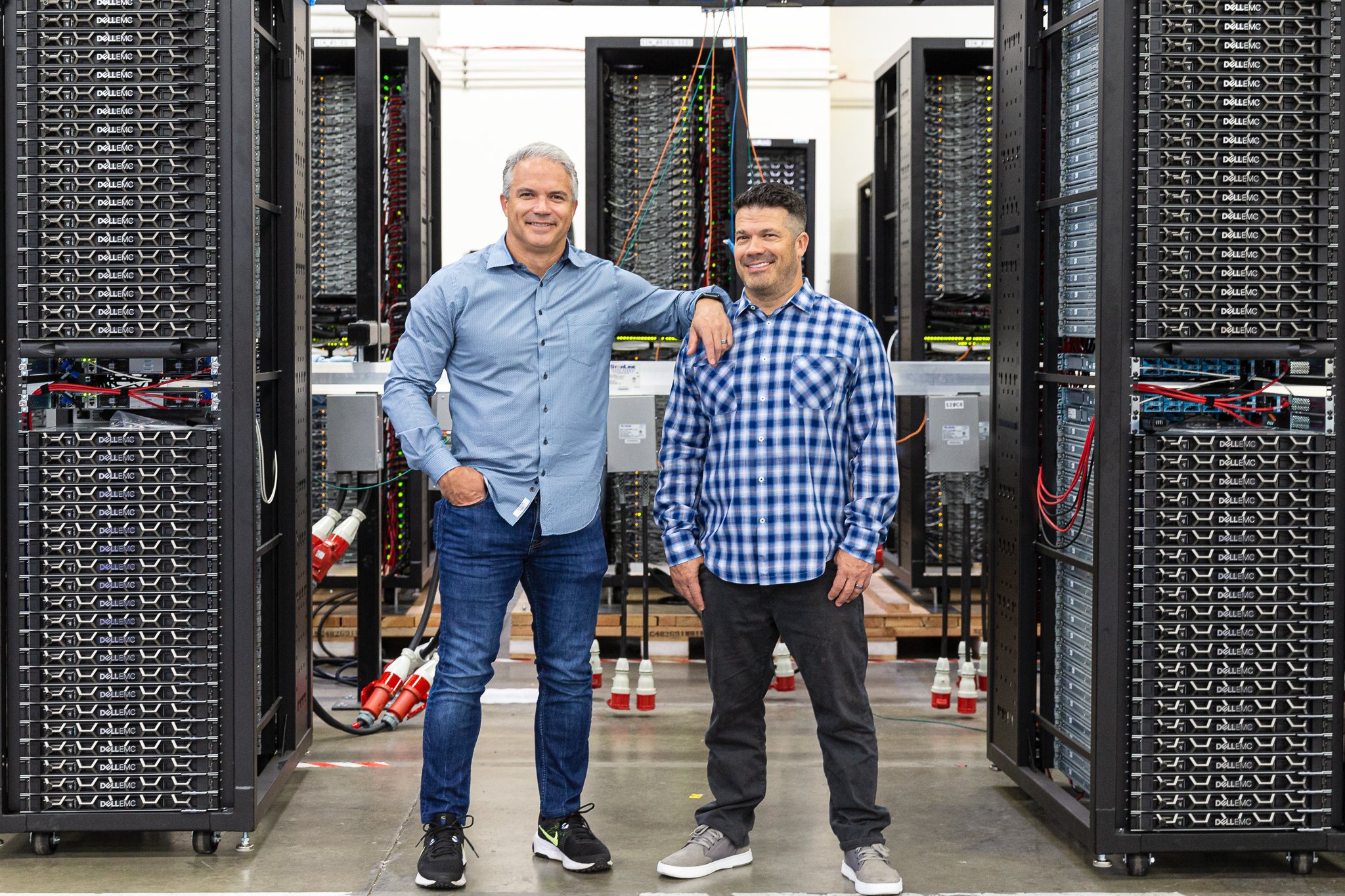It’s no secret that, in today’s business, data is king.

The ability to quickly mine vast amounts of information for insights, then apply those insights to how you serve customers and develop your products, is increasingly the recipe for gaining a competitive advantage regardless of your industry.
Because of this, it’s not surprising that more and more organizations are looking to apply the concept of DevOps to their data. But what, exactly, does this mean? How does this process work?
At a high level, applying DevOps to data means automating the process of data ingestion and data transformation in order to make leveraging analytics accessible to a wider range of users within your organization.
In the past, most organizations have relied upon a dedicated group or team to manage production databases. And these people were responsible for curating data and providing sources of truth.
This, in essence, made a handful of individuals within an organization the gatekeepers to information. Which makes sense when you consider the critical importance of having reliable data always available.
But just because a process is effective doesn’t mean it’s always efficient, and when it comes to leveraging analytics, smart companies have realized that the faster they get to actionable insights, the more likely they are to sprint ahead of the competition.
The solution? Applying many of the fundamentals that have accelerated development to data.

DevOps, MLOps, DataOps, and so on…
In many ways, the adoption of DevOps for data has been driven by the rise of both MLOps and DataOps.
Boiled down, MLOps is the practice of applying components of DevOps like CI/CD to continually train models for machine learning. This not only helps ensure the quality of your models, but it also allows for data versioning so that specific data is tied to specific models.
DataOps, meanwhile, is all about dramatically cutting down the cycle time for data analytics—basically, hitting the accelerator on the time it takes for analytics to produce results.
Together, all these Ops—DevOps for data, MLOps, DataOps—create a sort of Autobahn for your analytics where speed limits are reduced and more lanes are made available for various business units to quickly access and put trusted data to work.
Automation everywhere

Regardless of whether you’re talking about DevOps for data, MLOps, or DataOps, the secret to success is to lean into automation as much as possible.
Your goal is to make the processes for data ingestion, transformation, and data prep efficient and repeatable so that your overall analytics are greatly accelerated. It all roughly breaks down like this:
- DevOps for data automates how data is captured and organized
- MLOps automates the process of preparing data for models, as well as deploying and monitoring those models
- DataOps automates the deployment and monitoring of the pipelines that carry data throughout your analytics endeavors
Getting started with DevOps for data
If your organization is looking to adopt a DevOps approach to your data, there are a few things you need to understand before taking the plunge. These are:
- Your current capabilities for applying DevOps (and MLOps and DataOps) within your organization
- What data you have access to and where their sources are located
- Whether you have the infrastructure in place to capture, store, and distribute large amounts of both structured and unstructured data
Most of all, you need to be ready to break down many of the silos that currently exist in your organization.
DevOps is all about collaboration across teams, after all, and unless you’re able to build out processes that encourage communication between data engineering, machine learning engineering, and data science, you’re going to find accelerating your analytics via DevOps an uphill climb.
To learn more about DevOps for data—or any of the growing numbers of Ops successful companies are adopting in order to accelerate their analytics and development efforts—contact one of our experts.














